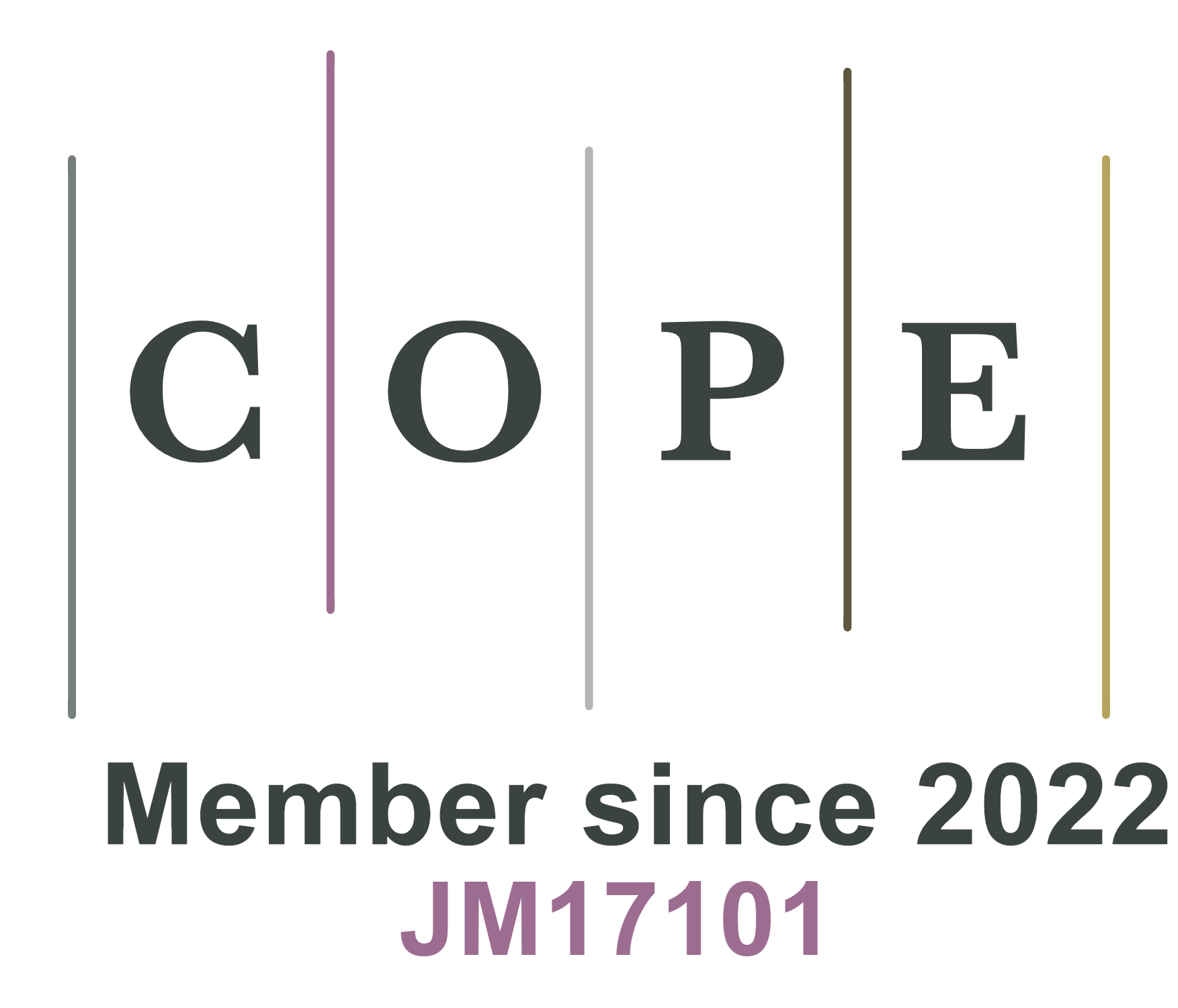Boosted thermopower in aqueous thermocells through additives-induced ionic regulation for low-grade heat harvesting
Abstract
Aqueous thermocells are promising techniques for the conversion of low-grade waste heat into electricity. However, current improvement strategies are mainly focused on single redox ion and sacrifice the electrical conductivity due to concentrated molecular additives. Herein, we report a chemical additives-regulated thermocell that introduced two ionic additives, guanidine hydrochloride and cysteamine hydrochloride, into 0.4 M ferri/ferrocyanide ([Fe(CN)6]3-/4-) electrolyte to simultaneously exert the selective crystallization effect on [Fe(CN)6]4- and the chemical regulation effect for [Fe(CN)6]3-, synergistically inducing concentration gradients of both redox ions between two electrodes, thereby improving the thermoelectric performance. Our thermocell obtained a high thermopower of 4.34 mV K-1 with comparable electrical conductivity and a Carnot-relative efficiency of 5.50% with minimal amounts of the two additives, showing adaptability to various cell orientations and thus different practical scenarios. A record-high thermopower of 9.06 mV K-1 and a Carnot-relative efficiency of 12.65% were achieved adopting optimized concentrations of two additives under cold-over-hot orientation. A 20-unit module was developed to directly power various electronics, demonstrating its feasibility for low-grade heat harvesting.
Keywords
Thermocells, guanidine hydrochloride, cysteamine hydrochloride, chemical regulation
Cite This Article
Mu Y, Li K, Mu K, Peng YK, Feng SP. Boosted thermopower in aqueous thermocells through additives-induced ionic regulation for low-grade heat harvesting. Energy Mater 2025;5:[Accept]. http://dx.doi.org/10.20517/energymater.2025.34














